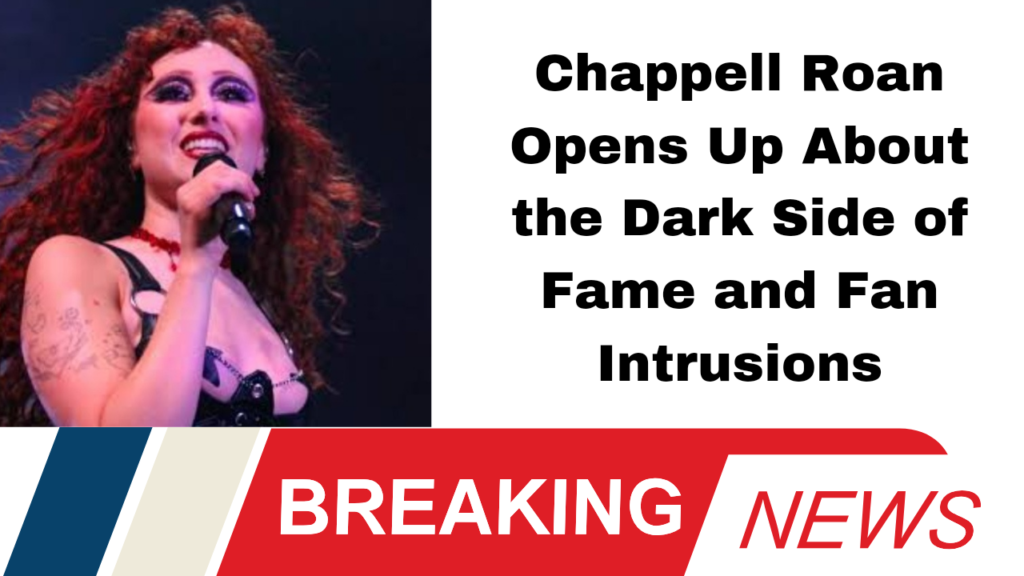Months ago, I saw a video where fans intruded on a private moment between Selena Gomez and Benny Blanco in a New York park. Instead of respecting their privacy, the fans rushed to snap photos, treating the encounter as content for social media rather than a genuine interaction. Benny Blanco seemed uncomfortable, hiding under his hood as the whole scene was filmed.
Selena Gomez usually asks her fans to be kind and respectful. She’s a veteran Disney star, and her approach contrasts sharply with newer artists who are more vocal about how fans sometimes cross boundaries.
New Voices Speak Out
In a recent Rolling Stone cover story, Chappell Roan shared troubling experiences with fans. She spoke about being grabbed and kissed, her flight details being exposed, and even receiving disturbing phone calls. These incidents have understandably made her feel unsafe.
Chappell Roan isn’t alone. Other young artists like Phoebe Bridgers and Billie Eilish have also discussed how fan behavior can be invasive. Bridgers shared that a fan criticized her for not taking a selfie while she was mourning her father, highlighting how some fans can be insensitive to artists’ personal lives.
The Shift in Fan Culture
The music industry has always had its share of challenging interactions between artists and fans. However, with the rise of social media, fans now treat celebrities as content for their online presence. Artists feel this shift deeply, as it moves from genuine admiration to a more transactional relationship where everything is fodder for public consumption.
Chappell Roan and other artists have clarified that they’re talking about harassment, not fans who are respectful. The boundaries between fan, anti-fan, and the public have blurred, making it hard for artists to navigate their interactions.
The Impact of Social Media
The pandemic has altered the dynamics of fan interactions. Previously, the relationship was more straightforward: fans bought music and attended shows, and in return, they might get a personal moment with their favorite artist. Now, the line between fan interaction and public spectacle has become fuzzy.
Fans increasingly seek validation online, often at the expense of respecting the artist’s personal space. This shift from private admiration to public performance can erode the special connection that once existed between artists and their fans.
In the future, we might see stricter boundaries set by artists. Some may choose to avoid public interactions, withdraw from social media, or enhance security measures. This change could lead to fewer opportunities for fans to meet their idols, as artists try to protect their privacy.
Public reaction to Chappell Roan’s experiences has been more understanding than in the past. Many people now relate to the invasion of privacy and the impact of online scrutiny, as they’ve faced similar issues in their own lives.
A Call for Respect
If fan behavior continues to treat artists merely as content for social media, we risk losing the meaningful connection that makes being a fan special. It’s important to reconsider how we engage with celebrities and prioritize genuine, respectful interactions over online fame.
